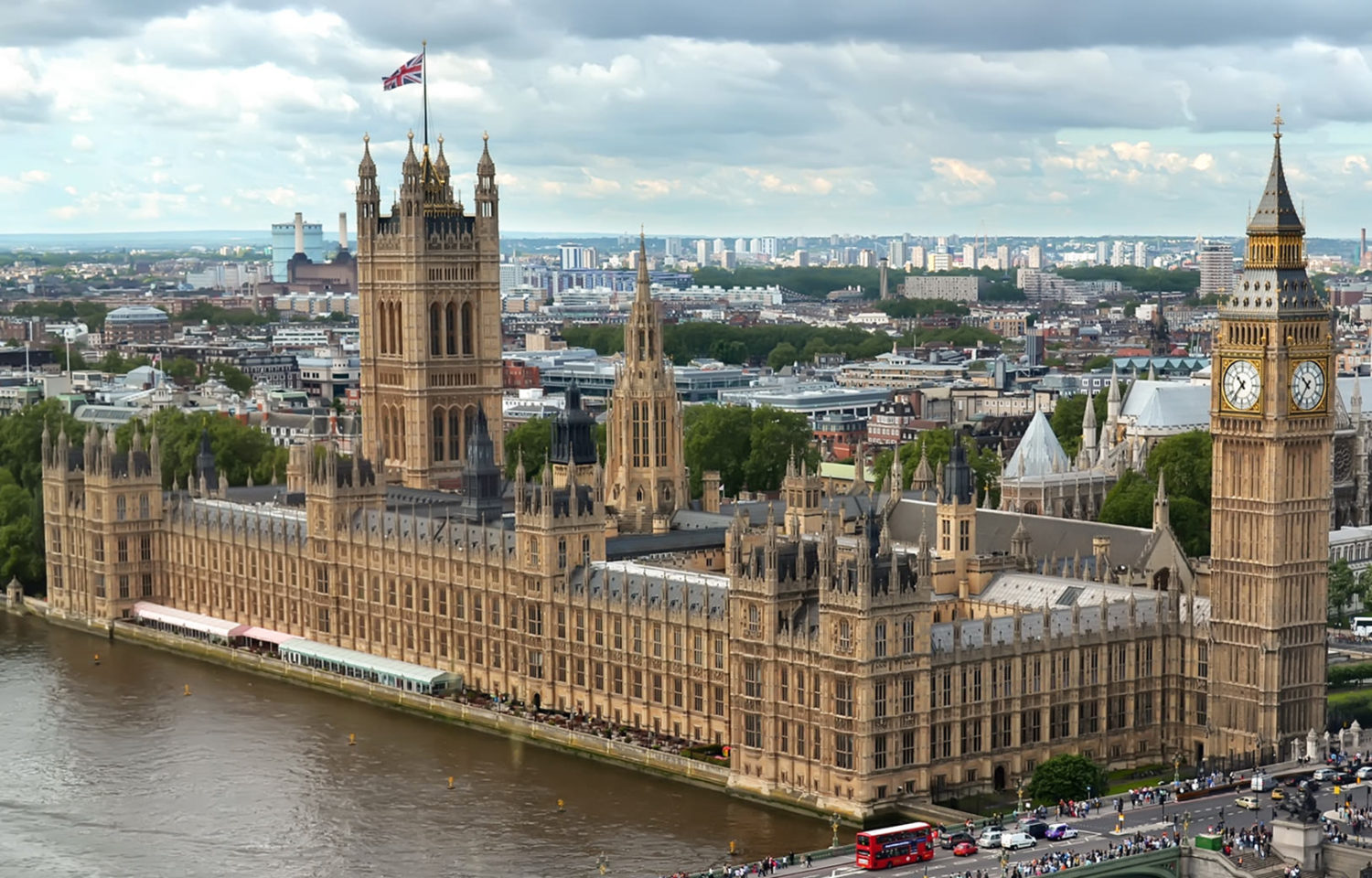Retailers are calling on the Government to take review the current business rates system in the UK.
The British Retail Consortium is leading a campaign in which over 50 major retailers have signed a letter urging the Government to take the first steps towards fundamental business rates reform in the Budget. The focus is on fixing transitional relief – a component of the business rates system.
Business rates are based on the rateable value of a property. Transitional relief limits the speed at which a firm’s business rates liability changes in response to changes in its rateable value. To achieve this, it staggers the speed at which ‘underpayers’ move to their higher business rate liability (upwards transition), and funds this by slowing the speed at which ‘overpayers’ move to their lower liability (downwards phasing).
Retailers lose £500 million to transactional relief since 2017
This system has two consequences:
- It forces retailers to subsidise other industries: £543m net over the last three years;
- It forces locations outside London to subsidise London businesses: £596m net over the last three years.
Retail remains the largest private sector employer in the UK, employing approximately three million people. The industry invested over £1bn in new technology, helping to drive up productivity growth to 5.1 per cent (vs 0.5 per cent UK average) in 2018. Despite this massive investment in the future, it faces some of the highest taxes of any industry. Retail accounts for five per cent of the UK economy, yet is burdened with 10 per cent of all business taxes, and 25 per cent of business rates.
This letter has been signed by 52 major retailers and associated trade bodies, including Dixons Carphone and Retra, and other leading chain supermarkets, fashion, homeware, and department store retailers. It notes that the “burden of business rates has become unsustainable for many retailers” and that the system is broken, a view echoed by the Treasury Select Committee in October 2019.
Scrapping downwards phasing would remove the harmful effects transitional relief has on retailers and businesses in the North of England. This could be achieved by central funding of upwards transitional relief.
Helen Dickinson OBE, Chief Executive of the British Retail Consortium, commented: “The future of retail is an issue that matters to people everywhere – it employs three million people and serves the needs of the entire country. Yet transitional relief undermines both the industry as a whole, and many regions that it serves. Northern high streets effectively subsidise London banks, forcing a £600m transfer of wealth to the capital; this could be used to support investment in people and technology that would benefit all parts of the UK.
“Every year retail faces higher and higher business rates bills, holding back much needed investment in an industry that is transforming at a dramatic pace. Swift action at the upcoming Budget would show the Chancellor was serious about levelling up all parts of the UK and supporting a retail industry towards realising a brighter future.”



